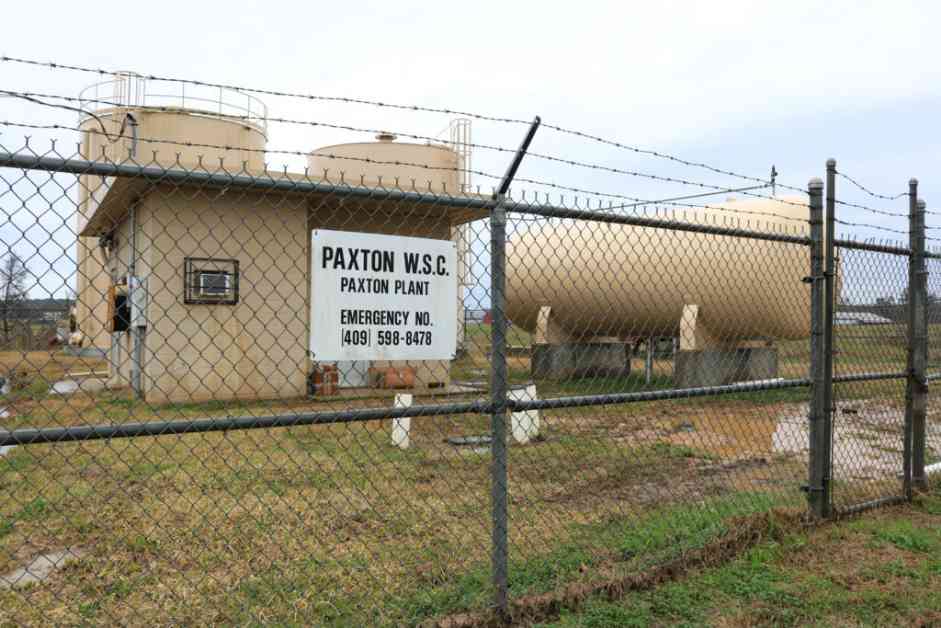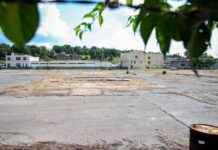The Texas Railroad Commission recently made a controversial decision to approve a permit for increased waste disposal in East Texas, specifically in the small town of Paxton. Despite the technical staff’s recommendation to deny the permit, the elected commissioners voted 2-1 in favor of granting it during the January open meeting.
The approval of this permit has sparked concerns from local residents, especially Eric Garrett, the director of the Paxton Water Supply Corporation. Garrett expressed his worries about the potential impact on the town’s water supply from the Carrizo Wilcox aquifer, emphasizing the need to prioritize the safety of drinking water sources.
The disposal of oilfield waste in commercial landfills raises environmental and health concerns due to the presence of toxic heavy metals and petroleum-based chemicals in the waste. The proposed disposal site in Paxton is just one of many facilities in East Texas facing scrutiny and opposition from residents and environmental advocates.
Controversial Decision Sparks Local Backlash
Following the commissioners’ vote on the Paxton permit, a 25-day period for requesting a re-hearing commenced. The approval of this permit has raised red flags for residents in neighboring towns like Elysian Fields, where a larger oilfield waste facility is under construction.
Residents in East Texas are particularly concerned about the potential contamination of groundwater and surface water by the massive amounts of waste being processed in the region. Critics argue that lax regulations and the influx of waste from neighboring states like Louisiana pose a significant threat to local ecosystems and water sources.
The decision by the Railroad Commission to approve the permit has been met with criticism and calls for stricter regulations on waste disposal facilities. Local residents, like Eric Garrett, are urging policymakers to prioritize public health and environmental safety over economic interests in the oil and gas industry.
Community Concerns and Regulatory Oversight
The debate over waste disposal facilities in East Texas highlights the complex balance between economic development, environmental protection, and public health. While proponents argue that these facilities are essential for job creation and energy independence, opponents raise valid concerns about the long-term impacts on water quality and ecosystem health.
As the controversy surrounding the Paxton permit continues to unfold, it underscores the need for transparent decision-making processes and robust regulatory oversight to ensure that waste disposal facilities operate safely and responsibly. The involvement of local communities and environmental advocates is crucial in holding regulatory agencies and companies accountable for their actions.
In conclusion, the approval of increased waste disposal in East Texas has sparked a heated debate over the trade-offs between economic growth and environmental protection. As residents voice their concerns and advocate for stricter regulations, the fate of these facilities will ultimately depend on the collective efforts of policymakers, industry stakeholders, and local communities to strike a balance between sustainable development and environmental stewardship.














